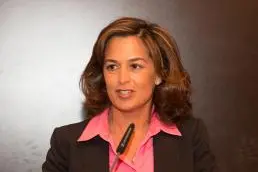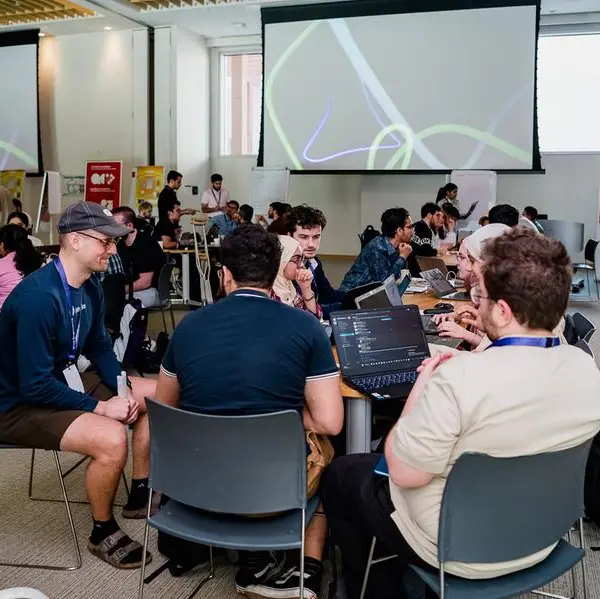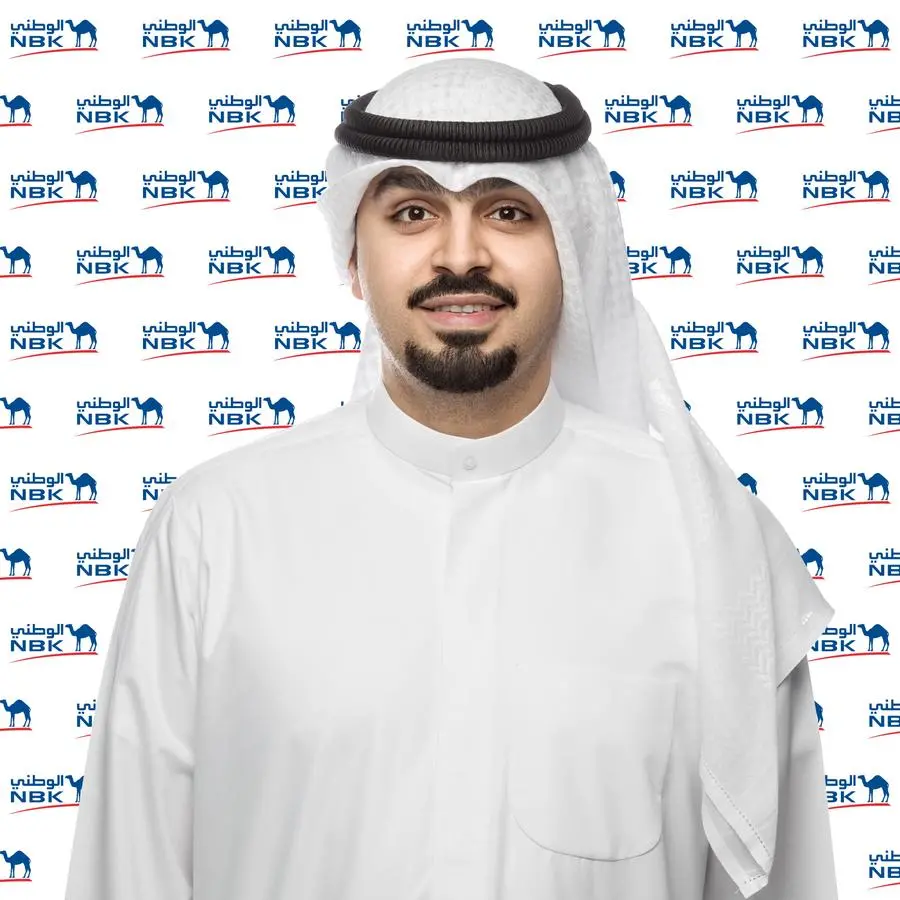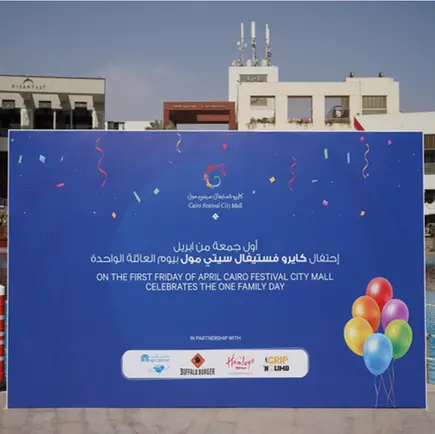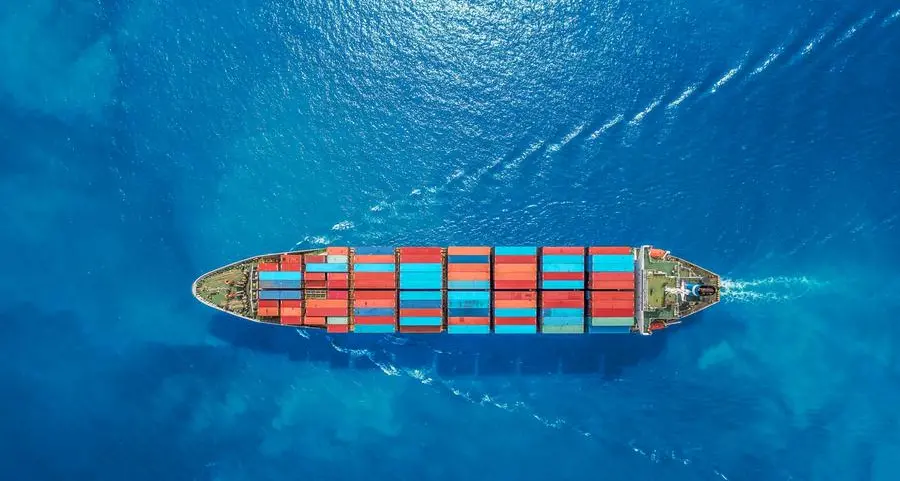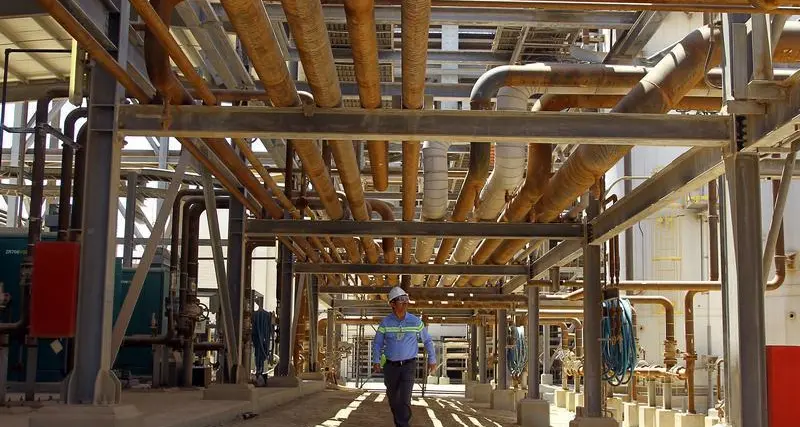PHOTO
Gulf Intelligence Research Releases Findings from Survey with 150 Female Energy Industry Executives in the Gulf Region
Dubai - The global oil and gas industry should accelerate efforts to empower women and close the sector's gender gap or risk operational preparedness to tackle 21st century challenges such as having to overcome an emerging shortage of petroleum engineers and fostering the technological innovations required to harvest increasingly tough-to-access hydrocarbon reservoirs, a study by Gulf Intelligence Research showed.
The 2015 GI Research report tackled the question on "How to Advance Women in the Global Oil & Gas Industry?" and the study put forward recommendations on how best to encourage and retain females in the sector -- such as creating a flexible work environment, overcoming discrimination, and improving internal communication.
"The advancement of females in the oil and gas sector is a critical topic that needs to be discussed in order to achieve a sustainable industry, especially at a time when 50% of petroleum engineers are expected to retire in the next decade with the baby boomer generation," said Dyala Sabbagh, a Partner with Gulf Intelligence, which is a Dubai-based strategic communications consultancy. "Technology will play a vital role in accelerating a gender balance in the industry," She said.
In the GI industry survey conducted with 150 female energy industry executives and associated stakeholders working in the Gulf, over 50% of the respondents expressed the view that under current policies it could take more than 30 years for the global energy industry to achieve gender balance. Only 8% of the Survey respondents expressed a view that a gender balance could be achieved within the next 10 years.
The importance of addressing the oil and gas industry's gender gap, especially in hydrocarbon-rich countries, can't be underestimated when females currently make up less than one in ten of the industry's workforce. The sector is caught in a personnel conundrum that's not going to get better any time soon unless drastic policy changes are implemented to correct this imbalance.
Oil and gas companies have thus far struggled to increase the female portion of their workforce. According to the Hays Oil and Gas Global Salary Guide, in 2012 only 7.8 percent of the global oil and gas workforce was female. The application of new technologies has been and will continue to be a trigger for greater diversification within the oil and gas industry. Technology has enabled the development of a new breed of engineers, with backgrounds in information technology, computer sciences, and analytics.
As the industry continues to evolve on the back of these advances, it will be vital to ensure that it has access to a larger pool of skilled talent to support these changes. If the industry doesn't manage to close the existing gender gap, the sector could miss out on attracting much-needed 21st century engineers and building a diversified workforce that could ultimately be the key to providing more innovative solutions for the industry.
The full report and research findings can be downloaded here:
-Ends-
About Gulf Intelligence
Gulf Intelligence facilitates knowledge exchange and networking between stakeholders in the Energy, Healthcare and Banking & Finance sectors across the Gulf region. The strategic communications firm, headquartered in Dubai and operating in Qatar and Oman, prepares and positions clients as Thought Leaders in their industry utilizing a range of dynamic platforms that ensure a direct and tangible engagement with stakeholders.
For further details, please contact:
Kathryn Stetz
PR Associate
Gulf Intelligence FZ LLC
Tel: +971 4 4508980
Mob: +971 55 7020034
Email: kathrynstetz@gulfintelligence.com
© Press Release 2015
